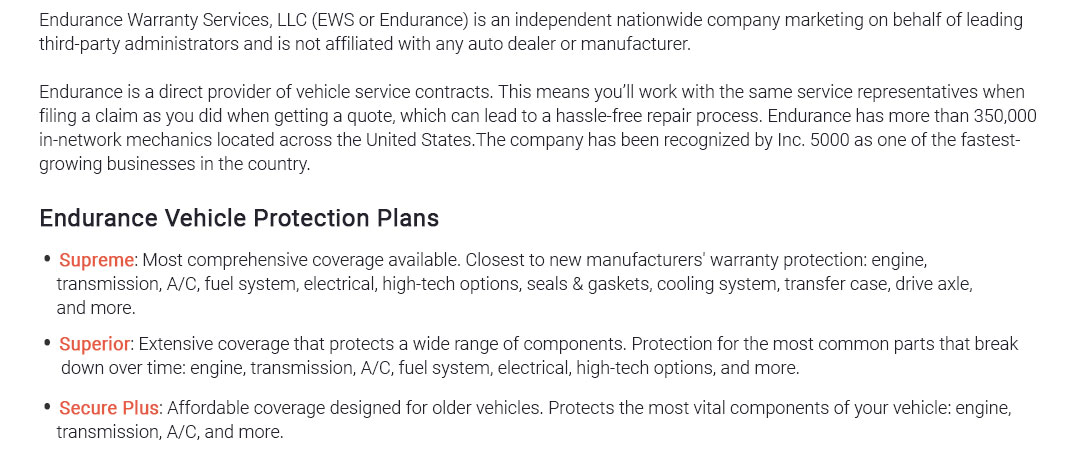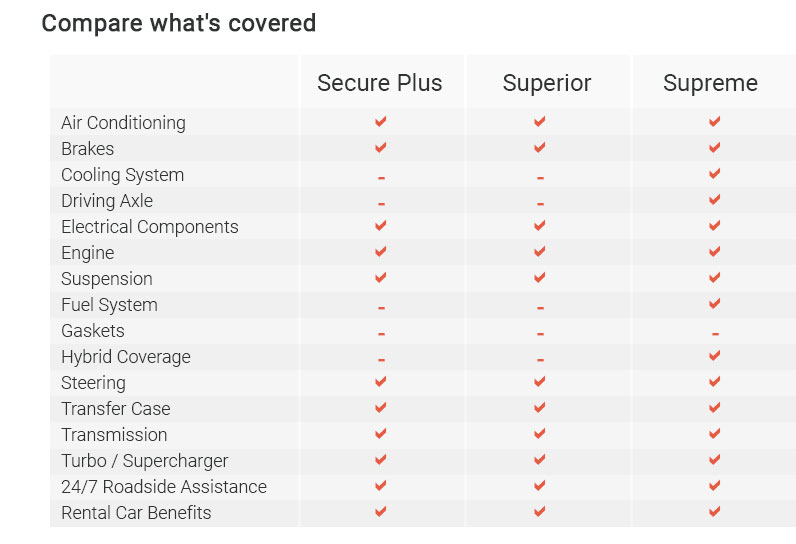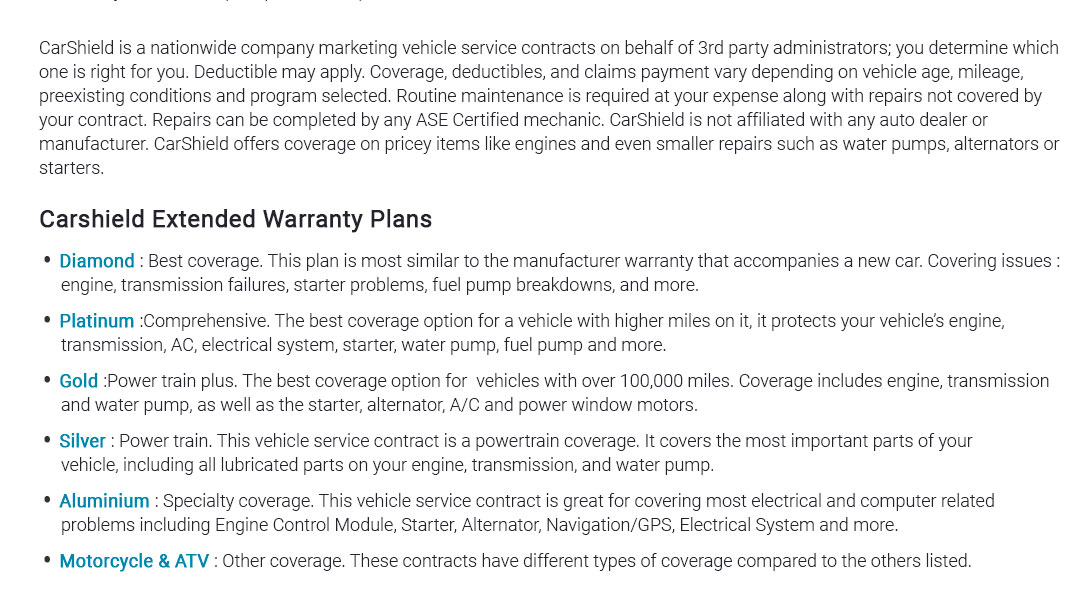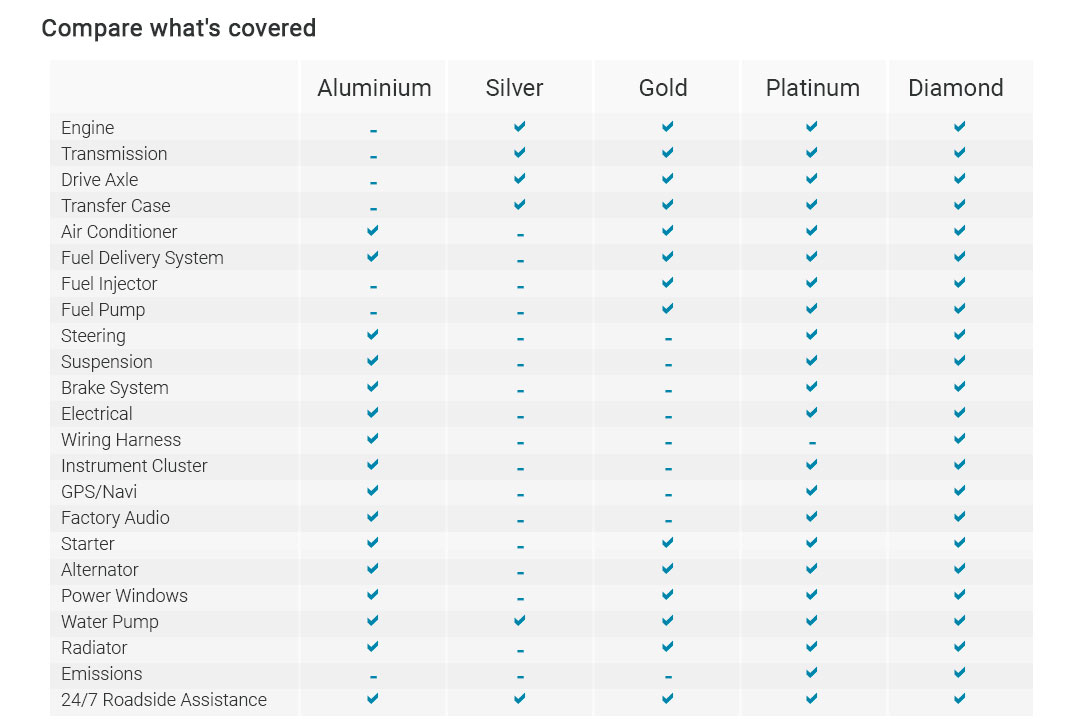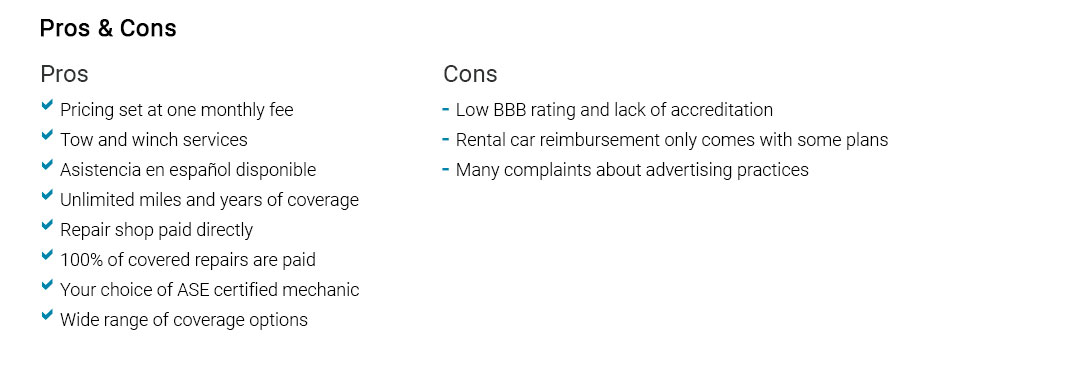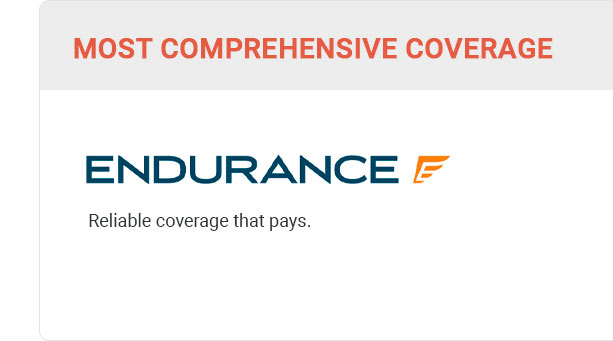average extended auto warranty cost: clear numbers for stable coverage choicesYou're comparing tiers and deductibles; now you want pricing that makes sense. These averages reflect mainstream vehicles and fee-inclusive quotes. What the averages look like- Total price: $2,000 - $3,200 for 3 - 5 years.
- Monthly plans: $75 - $130, often $150 - $300 down; confirm cash vs financed total.
- Deductible norms: $0, $100, or $250 per visit; lower deductibles lift premiums modestly.
Why it varies- Make/model reliability and parts costs.
- Mileage, age, and coverage depth (powertrain vs exclusionary).
- Labor-rate caps, claim limits, transferability.
- Waiting periods; surcharges for commercial use or lifted/turbo vehicles.
A quick real-world momentOn a wet Thursday, the alternator quits. Your plan costs $88/month with a $100 deductible; the shop bills $880. Claims pays $780, you pay $100, and the numbers feel steady - just predictable. How to price-check transparently- Gather VIN, current mileage, target term, and deductible.
- Request three written quotes showing cash price, total financed cost, fees, and labor-rate caps.
- Ask for a sample contract; scan exclusions, per-visit vs per-repair deductible, and cancellation refund method.
- Compare per-year cost against your expected repair exposure.
Stability signals- Backed by a well-rated obligor and nationwide repair network.
- Plain-language exclusions and simple claim steps.
- No surprise inspection or teardown fees before approval.
Averages reduce noise, but your mileage, risk comfort, and timing shape the sweet spot - run the numbers and keep options open. 
|
|











